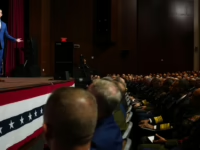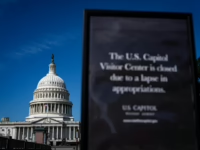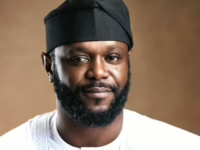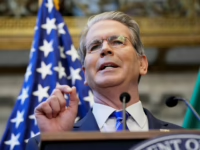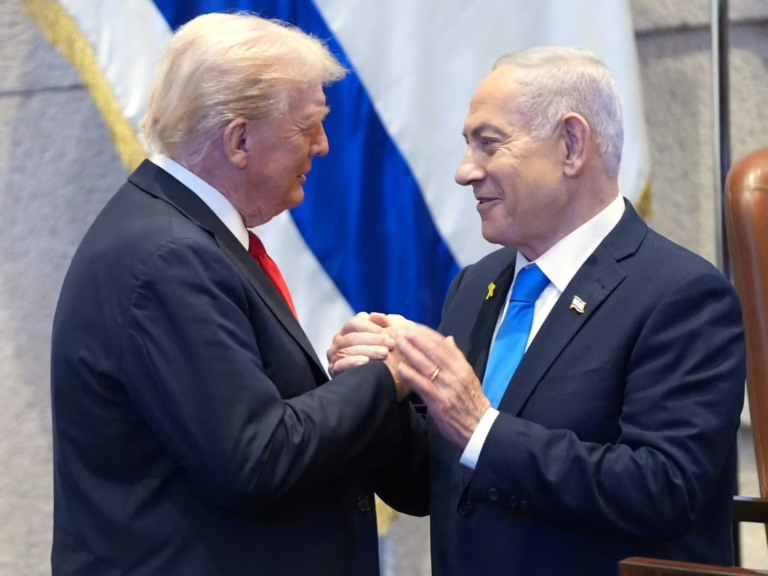The recent ceasefire agreement in Gaza is being viewed by Israel and its Western allies as a chance to move past allegations of genocide and to mend strained diplomatic ties that have suffered due to widespread public outrage.
Over the course of more than two years of continuous conflict, Israel’s military operations in Gaza have resulted in the deaths of upwards of 67,900 Palestinians and injuries to over 170,000. The extensive bombardment has devastated nearly 92% of residential buildings in the territory, while the blockade imposed has precipitated a humanitarian crisis, culminating in a declared famine.
Numerous human rights organizations, international institutions, and Israeli groups such as B’Tselem and Physicians for Human Rights Israel (PHRI) have characterized Israel’s conduct as genocidal. This assessment was further corroborated by a United Nations inquiry released in September.
By that time, criticism of Israel’s military campaign had become nearly unanimous across Europe, with millions participating in protests against Israel’s actions in major cities worldwide every weekend.
Despite this, during the Knesset’s session to mark the ceasefire, opposition leader Yair Lapid addressed lawmakers, including U.S. President Donald Trump, asserting, “Those who protested against Israel in cities like London, Rome, and Paris were misled by propaganda. The reality is, there was no genocide or deliberate starvation.”
Rejection and Denial
Daniel Levy, a former advisor to the Israeli government, explained to Al Jazeera that there is a widespread consensus within Israel to dismiss external criticism as unfounded. This dismissal has been instrumental in securing public support for the war effort, fueled by relentless media campaigns and the rejection of opposing viewpoints.
Levy noted that this stance is prevalent across nearly the entire Zionist political spectrum, with only a small minority dissenting from the outset.
Within Israel, there remains a persistent unwillingness to acknowledge the full extent of the destruction inflicted upon Gaza, the human toll, and the famine conditions imposed on civilians, including children, as a direct result of government policies.
Observers inside Israel suggest that a genuine public reckoning with the humanitarian consequences of the conflict is unlikely. Without such acknowledgment, the possibility of renewed violence persists, regardless of international consensus.
Guy Shalev from PHRI told Al Jazeera, “It’s not that there is no awareness of the genocide in Israel; rather, there is a lack of recognition of the suffering and widespread devastation in Gaza.”
He added, “Much of the discourse remains fixated on debunking alleged fake footage of starving children or attributing all blame to Hamas. Many of us are living in completely different realities. My family and I don’t even share the same understanding of the truth. Until this gap is bridged, accountability is impossible, and such tragedies may recur.”
Jared Kushner in Tel Aviv: “Instead of replicating the barbarism of the enemy, you chose to be exceptional, you chose to stand for the values that you stand for, and I couldn’t be prouder to be a friend of Israel.” pic.twitter.com/z7Olng86Wb
– Aaron Rupar (@atrupar) October 11, 2025
Some factions within Israel are openly critical of the ceasefire. National Security Minister Itamar Ben-Gvir condemned the agreement as a “national defeat” and an “eternal disgrace.” Meanwhile, Amit Halevi, a Likud party member aligned with Prime Minister Netanyahu, declared that Israel should have sent a message to Hamas and the world that “the Jewish people will neither forget nor forgive until the neo-Nazis in Gaza are completely eradicated and Israeli sovereignty is restored over this land.”
Global Forgetfulness
In the West, there appears to be a swift acceptance of the ceasefire and U.S. promises of “lasting peace.”
German Chancellor Friedrich Merz recently stated that there is no longer a reason for Germans to protest against Israel following the ceasefire. Subsequently, prominent German politicians urged the resumption of arms exports to Israel, despite ongoing casualties in Gaza and the continued illegal occupation of Palestinian territories.
Israel’s new ambassador to the European Union, Avi Nir-Feldklein, hinted that the U.S. might permit EU involvement in Gaza’s reconstruction if the EU drops potential sanctions against Israel, referring to this as “clearing the table” of obstacles in their relationship.
Reports suggest that Israel’s participation in international events such as those organized by UEFA and Eurovision may no longer face bans following the U.S.-brokered ceasefire.
Levy observed, “Israel is keen to normalize ties with Europe and other Western partners. The prevailing narrative within Israel is that the ceasefire has ended its isolation, contained Hamas, and shifted international opinion in its favor.”
He added, “Both Israel and Western governments share an interest in silencing public dissent. However, while political leaders may seek rapprochement, public sentiment is evolving. Increasingly, people refuse to accept the notion that ‘everything is fine’ or that government complicity in systemic violence and genocide is tolerable.”
Endurance of Violence
Given the improbability of significant changes in Israel’s policies toward Palestinians or the occupied West Bank, analysts like HA Hellyer from the Royal United Services Institute suggest that Western lawmakers may be preparing to revert to a status quo reminiscent of the post-Oslo Accords era in the 1990s.
Originally, the Oslo Accords aimed to establish a Palestinian state, but as Israeli resistance grew, Western rhetoric shifted from unequivocal support for a two-state solution to endorsing the process toward it.
Hellyer remarked, “We are likely entering a similar phase where a certain level of violence is tolerated as long as it remains below a threshold.”
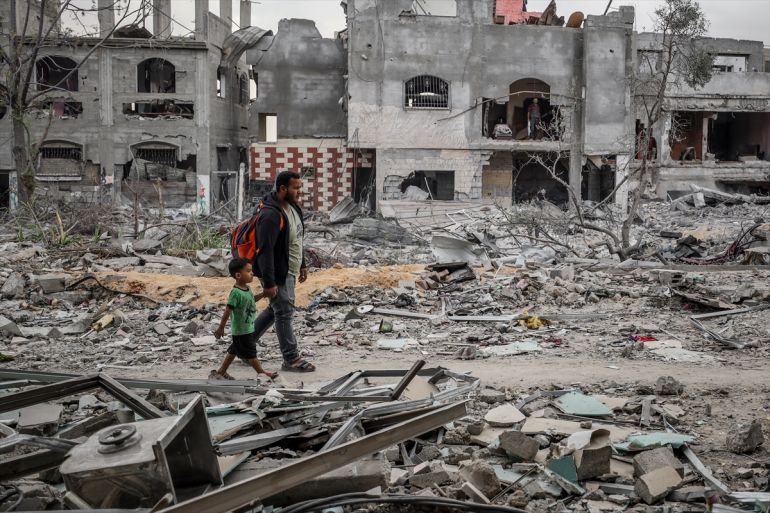
“For now, the priority will be clearing debris and rebuilding, rather than addressing that half of Gaza remains inaccessible to Palestinians except collaborators, and the other half remains under occupation,” Hellyer told Al Jazeera from Washington.
While politicians, mindful of U.S. influence and their own countries’ possible complicity in Israel’s actions, may favor a return to pre-conflict détente, public opinion-especially among younger generations-has shifted dramatically after two years of devastation in Gaza.
Levy emphasized, “Public attitudes are changing. Increasing numbers of people reject the narrative that ‘everything is fine’ or that government involvement in systemic violence and atrocities is acceptable.”
“The harsh realities on the ground-Israel’s ongoing dehumanization of Palestinians, structural violence, and oppressive occupation-give people ample reason to speak out.”
For Gaza’s remaining residents, still enduring hunger and attacks, any international move to rehabilitate Israel carries urgent and profound consequences.
Shalev warned, “Many will move on-not only in Israel but also in countries indifferent to the genocide or unwilling to confront their complicity.”
He concluded, “This is not only immoral; it is ineffective. The victims will not simply forget. Organizations like ours, and anyone committed to human rights, will not turn away. The victims cannot and will not forget.”






